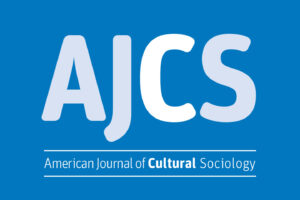
The views expressed below are those of the authors and do not represent the views of the SNF Agora Institute or Johns Hopkins University.
Authors: Daniel M. Smith, Alexandra Cirone, Dawn L. Teele, Gary W. Cox, Jon H. Fiva
The share of women in politics is higher, on average, under closed-list proportional representation (PR) electoral systems compared to majoritarian systems. Yet, even in PR systems, progress toward gender parity has been slow and uneven. We argue that women’s representation and career progression under PR might be impeded when single-occupant positions, such as local mayor and list leader, serve as important stepping stones in political career paths. Using a century of detailed candidate-level data from Norway, we investigate (1) whether gaps in women’s representation emerge at these “majoritarian stepping stones” and (2) how access to these positions affects women’s progression into higher offices. Our empirical analysis reveals that gender gaps indeed emerge at majoritarian stepping stones. However, we also document how Norwegian parties have employed workarounds—promoting women occupants of these positions at higher rates than men—to mitigate the adverse effects of this hidden majoritarianism on women’s representation in higher offices.






